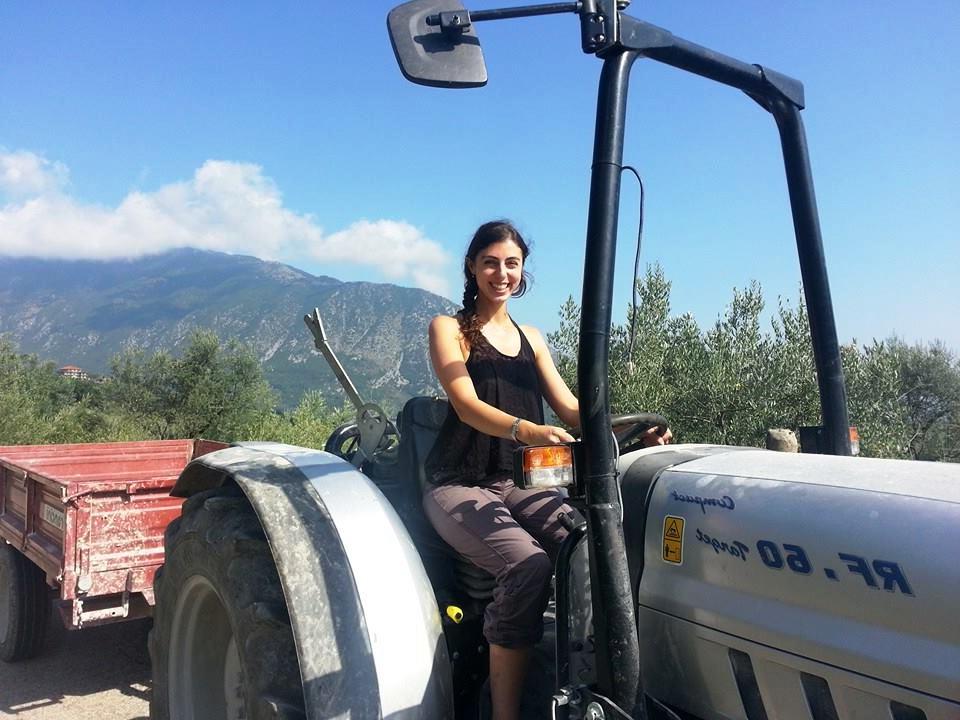
By Carrie Caton Pillsbury
Sustainability widely refers to the endurance of products or processes. But for one nonprofit, the term applies to the profession of teaching. Fund for Teachers awards grants for pre-Kindergarten through 12th grade educators to keep them inspired, innovative and in the classroom. How educators choose to spend the national nonprofit's investment – well, that’s up to them.
Since 2001, 6,000+ teachers leveraged $22 million in Fund for Teachers grants into self-designed summer fellowships. The eduventures range from seminars across town to research spanning continents, whatever the teachers deem as relevant to their sustainability and students’ success.
Teachers are not eligible for the $5,000 individual or $10,000 team grants until their third year in the classroom for a reason: An estimated one-third of all new teachers leave after three years, and 46 percent are gone within five. Furthermore, the most frequently cited reasons new teachers leave are lack of professional development and not feeling valued. Fund for Teachers grants bridge this volatile gap, giving the respect and financial means to pursue knowledge outside classroom to motivate teachers to stay in the classroom.
Ironically, the theme of traditional sustainability as a fellowship focus continues to rise. For example:
- Michael Paoli (Ella Baker School - New York City) investigated aquaculture in France and the United Kingdom. All fall, 7th and 8th grade math/science students researched and constructed in school hallways a self-sustaining aquaponics system. Yesterday, students splashed blue tilapia into their tanks to raise edible fish and vegetation for an end-of-year community barbeque;
- Donna Gradel (Broken Arrow High School - Broken Arrow, Oklahoma) researched sustainable food sources in Meru, Kenya, with her grant and then challenged her students to design an aquaponics system for an orphanage there. Her AP Environmental Science class constructed multiple prototypes inside a vacant school closet, then raised $20,000 to transport and personally install the winning design onsite. Last month, Donna won a grant from MIT to facilitate students’ research on sustainable fish food using Kenya’s natural resources;
- Megan DeWitt (Monarch Academy Charter School - Glen Burnie, Maryland) explored recycling and trash management systems and environmental education in Guatemala. Inspired by a school there constructed with “eco bricks” (plastic bottles stuffed with inorganic trash, stacked like bricks and covered with cement), Megan and her students are now collaborating with local gardeners, waste management centers and school families to transform school trash into purposeful structures on campus; and
- Juliet Crupi (The Williamsburg Preparatory High School - Brooklyn, New York) volunteered with Worldwide Opportunities on Organic Farms utilizing permaculture techniques in Italy and Spain. She’s now sharing new hands-on farming practices through a new Urban Farming class for students with special needs to cultivate creative methods for growing healthy foods in an environmentally friendly closed system. This fall, her students have designed and implemented techniques in the school garden that increase water irrigation, decrease carbon levels and maintain a crop yield.
Biodiversity in the Amazon rainforests, gold mining in West Africa and microbial pathogens in India’s water supply characterize additional sustainability research teachers pursue on behalf of their students with these grants.
As the teachers become students themselves, the educational system becomes more viable. And sustainable teachers – fueled by meaningful experiences, projects and service – are the role models we want in front of every classroom, every day.
Teachers interested in designing their own professional development for summer 2015 have until January 29 to submit their application. For more information about Fund for Teachers, visit the nonprofit’s Facebook and blog.
Carrie Caton Pillsbury is Manager of Marketing & Communications at Fund for Teachers.
TriplePundit has published articles from over 1000 contributors. If you'd like to be a guest author, please get in touch!














